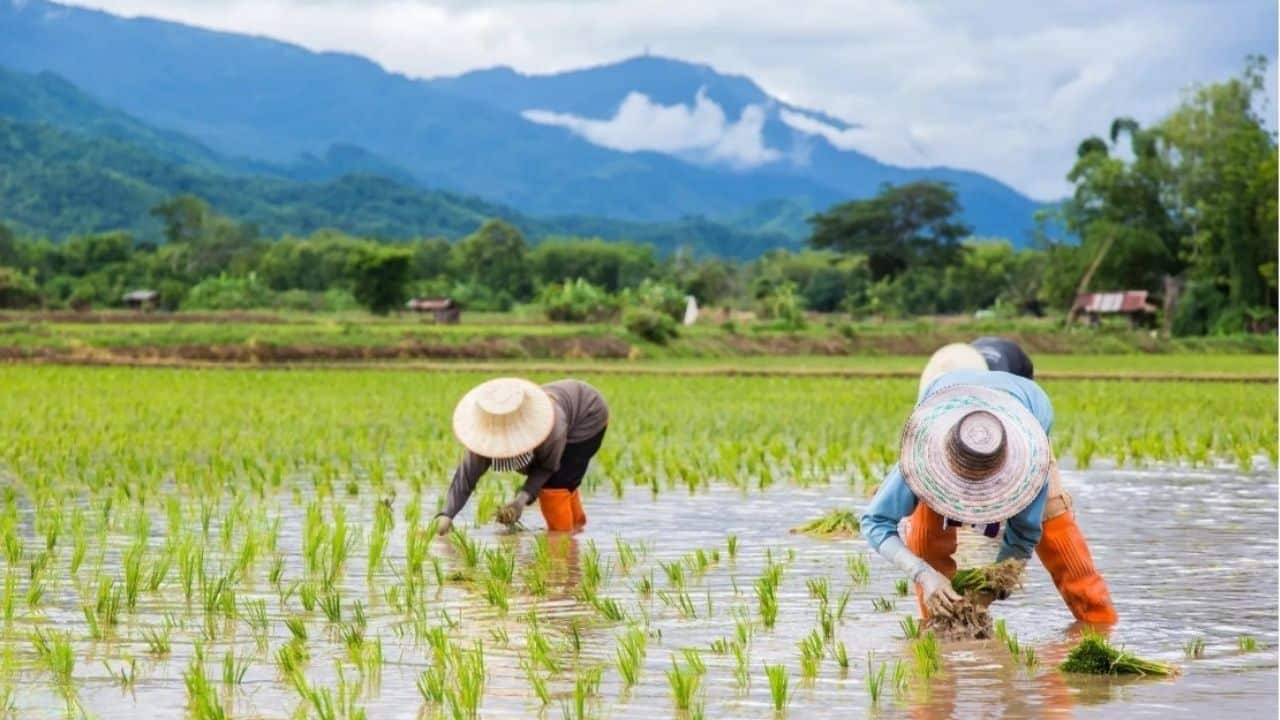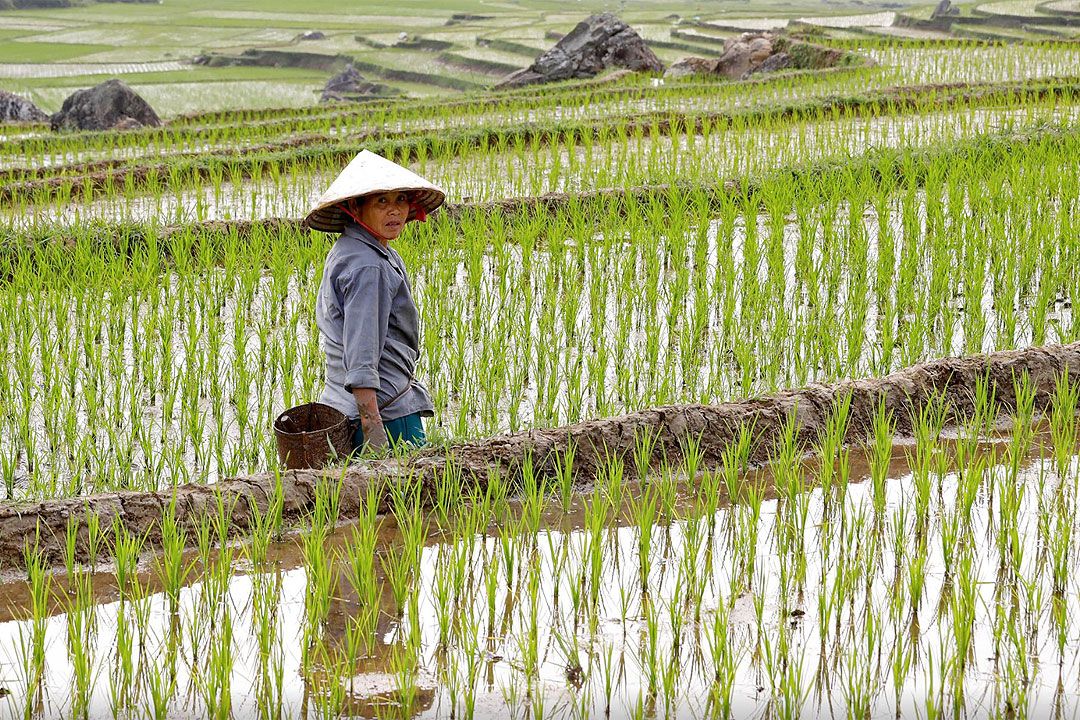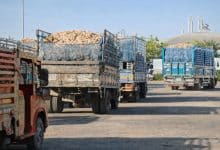Thailand rolls out rice rescue plan to lift farmer incomes
Officials aim to ease pressure on growers with crop control plans

Thailand’s Commerce Ministry announced new measures to support rice farmers by stabilising paddy prices and managing the flow of 14 million tonnes.
Wittayakorn Maneenetr, director-general of the Internal Trade Department, said the new strategy could result in an average price increase of 3% to 5% for paddy rice.
“This approach is designed to balance supply with market demand and provide farmers with more consistent earnings.”
Two key measures are being launched for the current season. Officials plan to speed up the sale of 2.5 million tonnes of rice while delaying the market entry of a further 11.5 million tonnes to prevent market saturation.
As of late October, white rice was trading at 6,100 to 6,800 baht per tonne, while hom mali (jasmine rice) fetched 15,200 to 16,500 baht. Pathum Thani and glutinous rice ranged from 8,200 to 9,000 baht per tonne.

To ensure smooth implementation, the department is urging Prime Minister Anutin Charnvirakul to form a new National Rice Policy and Management Committee. The proposed committee would oversee procurement through agencies such as the Public Warehouse Organization, the Marketing Organisation for Farmers, and the Bank for Agriculture and Agricultural Cooperatives (BAAC), using their existing budgets.
These organisations would distribute the rice to public sector buyers, such as the Department of Correction, and to the open market.

Earlier projects approved by the former committee included over 50 billion baht in aid for farmers and traders. One of the standout schemes is a loan programme encouraging farmers to store rice for one to five months, with a storage support of 1,500 baht per tonne, covering up to 3 million tonnes.
Another plan offers credit to agricultural institutions to collect and add value to paddy rice, targeting 1.5 million tonnes. A separate initiative supports traders who stockpile rice for two to six months with a 3% annual interest subsidy, targeting 4 million tonnes, according to Bangkok Post.
Farmers adopting improved cultivation practices can also receive 500 baht per rai, capped at 10 rai, to promote sustainable and high-yield farming methods.
The measures reflect the government’s Big Impact, Act Fast policy, aimed at securing fair prices for farmers while stabilising the domestic rice market.
Latest Thailand News
Follow The Thaiger on Google News:


























